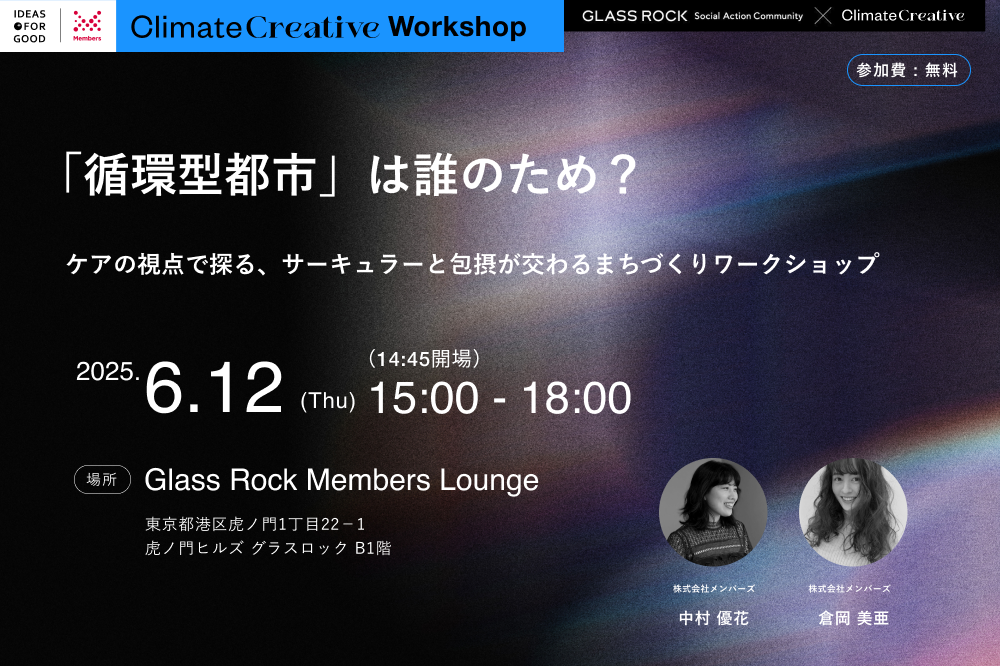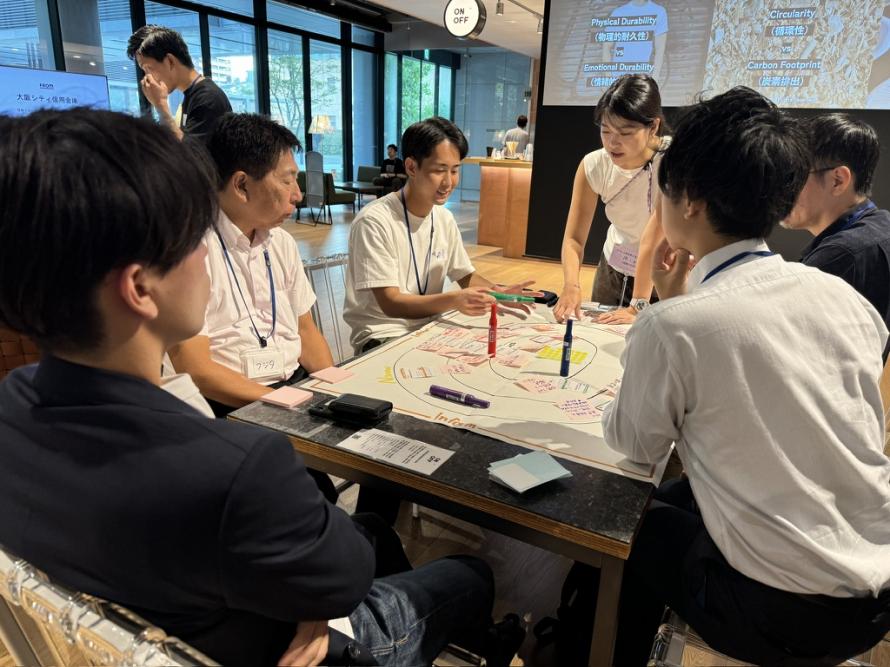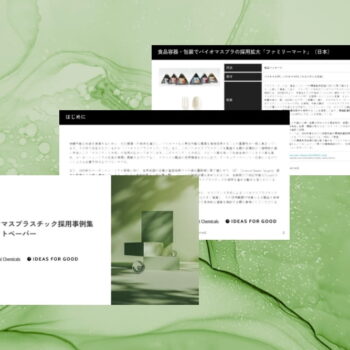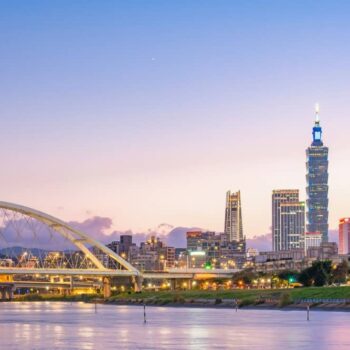![[IDEAS FOR GOOD] Who Benefits from a Circular City? Exploring inclusive urban design through a care-focused workshop](https://harch.jp/wp-content/uploads/2025/05/shutterstock_1829324402-min-825x340.jpg)
[IDEAS FOR GOOD] Who Benefits from a Circular City? Exploring inclusive urban design through a care-focused workshop
- On Jun 18, 2025
- care, circular design, Circular Economy, Climate Creative, Climate Creative Co-Creation, community development, diversity, IDEAS FOR GOOD, social good, Tokyo, workshop
IDEAS FOR GOOD, a web media platform operated by our company that gathers ideas to make society “more” sustainable, held a workshop on June 12 titled “Who Benefits from a Circular City? Exploring inclusive urban design through a care-focused lens,” in collaboration with Members Co., Ltd.

The event was part of the “Climate Creative Co-Creation (The link is in Japanese.)” project, which aims to tackle the climate crisis through creative ideas, communication, and business model innovation. This session was co-hosted with “Glass Rock,” a cross-sector co-creation hub focused on solving social issues, and provided an opportunity to rethink the concept of circular cities from the perspectives of diversity and care.
Cities around the world are striving to become circular in an effort to restore the balance between sustainable production and consumption and to mitigate the impacts of climate change. In Tokyo, this movement is embodied in the city’s “Zero Emission Tokyo” initiative, which promotes circular economy practices such as plastic resource circulation and food loss reduction with the goal of achieving net-zero CO2 emissions by 2050.
While these initiatives call for change across corporations, municipalities, and individuals, they may also bring unintended social challenges, such as increased costs, added complexity, or reduced convenience. This workshop aimed to explore the future of a circular Tokyo not only in terms of resource efficiency and environmental impact, but also through a more inclusive lens.
When considering whether a circular lifestyle is truly accessible to everyone, a range of barriers become visible. For instance, elderly people may find systems for separating and reusing waste too complex, while busy professionals might struggle to integrate circular practices into their daily routines. These challenges highlight that a one-size-fits-all approach to sustainability may fall short.
By zooming in on the lived experiences of individuals, we begin to see that building circular cities requires more than just policies and infrastructure. It calls for an empathetic understanding of the diverse situations and needs of the people who use them.

Through this workshop, participants reexamined the roles of key stakeholders—such as businesses, government agencies, and educational institutions—in supporting inclusive circular living. Together, we explored what a truly inclusive and regenerative urban ecosystem might look like in the future.

[Reference] “June 12 event: Who Benefits from a Circular City? Exploring inclusive urban design through a care-focused lens” | IDEAS FOR GOOD (in Japanese)
[Related Site] IDEAS FOR GOOD (in Japanese)


![[Circular Yokohama] Received the second Kanagawa Decarbonization Award](https://harch.jp/wp-content/uploads/2026/02/datsutansotaisho_202602-300x200.jpg)




